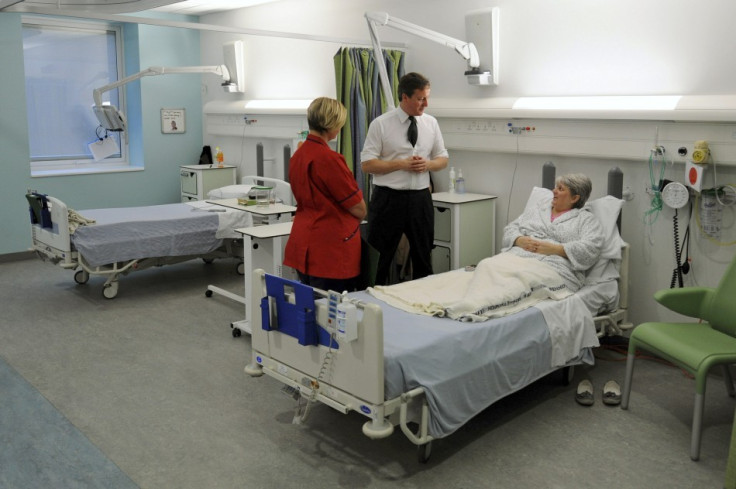NHS: 150 Patients Die from Starvation and Dehydration on Wards

More than 150 patients in England and Wales either starved to death or died from dehydration in 2011, according to new figures from the Office for National Statistics.
The figures show that 111 patients died from dehydration, and another 43 from malnutrition. Hundreds more were either starving or dehydrated when they died.
The number of people who had dehydration and malnutrition mentioned recorded on their death certificate was 669 and 291 respectively.
The ONS figures also showed that eight people starved to death in care homes. Twenty-one died from dehydration.
Katherine Murphy, chief executive of the patients' association, said that finding out that loved ones had died in such ways was a "trauma no family should have to bear".
Michelle Mitchell, charity director of Age UK, said: "These figures are deeply distressing since dying from malnutrition or dehydration is eminently avoidable. We know that one in four people will enter a care home malnourished as the problem of malnutrition is widespread within the older community.
"But both hospitals and care homes must pick up on the warning signs of malnutrition and ensure that while older people are in their care, they get all the help and support they need to eat and drink."
While these figures were lower than those seen in 2010, they come as a new report says the NHS was neglecting ward rounds.
The report, by the Royal College of Physicians and the Royal College of Nursing, called for an improvement in the quality of such traditional methods.
"Ward rounds have often been a neglected part of the planning and organisation of in-patient care," said the report. "There remains considerable variation between hospitals in both how and why ward rounds are conducted, and their clinical importance to patients is often underestimated.
"A ward round is the key vehicle for coordinating care for every hospital inpatient; the information gained and shared is crucial to the ongoing care of the patient. Restoring the ward round is essential for patient safety and for being able to deliver safe, effective patient care."
David Cameron said the government would be investing £140m to enable NHS midwives and nurses to spend more time with patients and provide safer care by investing in technology that cuts the amount of time they spend on paperwork.
Health secretary Jeremy Hunt said: "Most nurses and midwives chose their profession because they wanted to spend time caring for patients, not filling out paperwork. New technology can make that happen. That's better for nurses and patients too, who will get swifter information and more face-to-face time with NHS staff."
How Did an African Asylum Baby Starve to Death in Westminster, Home of the Super-Rich?
© Copyright IBTimes 2025. All rights reserved.






















